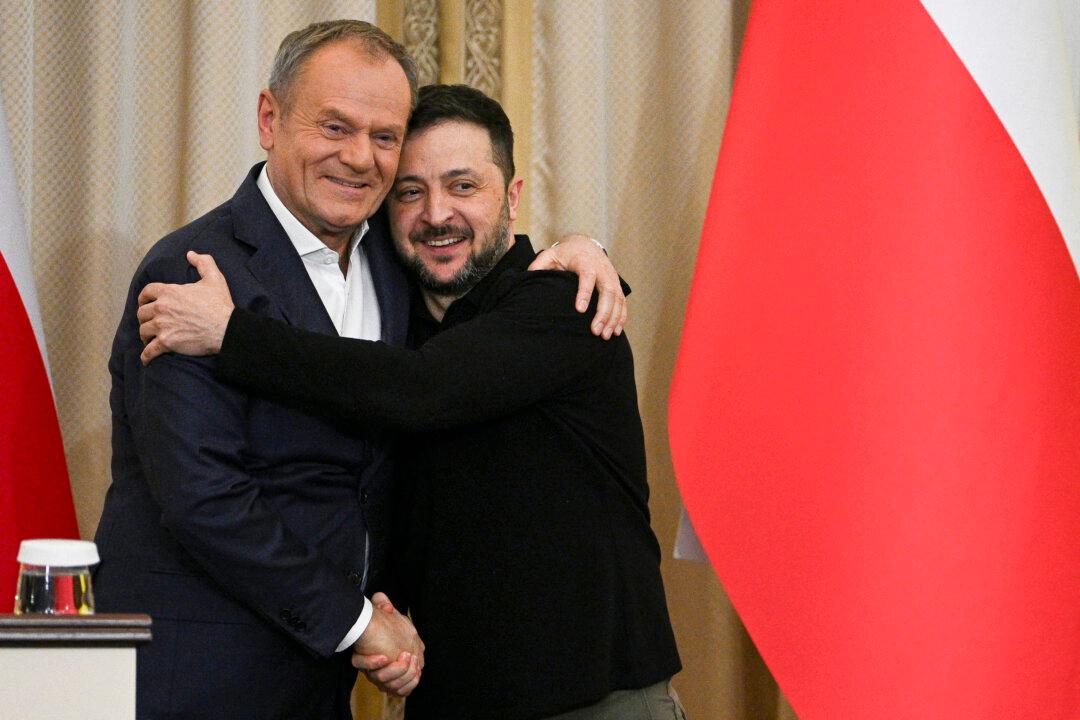Polish Prime Minister Donald Tusk said on Monday that his country will not send troops to Ukraine.
“Poland will support Ukraine as it has done so far: organizationally, in accordance with our financial capabilities, in terms of humanitarian and military aid,” Tusk told reporters before he boarded a plane to Paris to take part in an emergency meeting of European leaders at the Elysee Palace.





